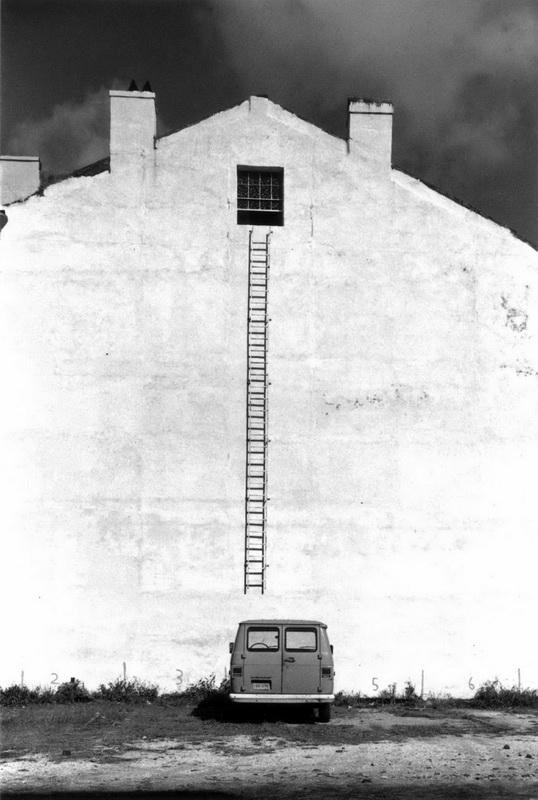
Photo by John Menapace
When I was young I had a case of staph pneumonia that went too long undetected, became dangerous, and required time around doctors. I remember one eager doctor who would always tell me something wouldn’t hurt–right before it did. What a job, I think now—now that I’m a parent seeing it’s dicey to even help a fallen child that’s not yours on the playground. My mom really liked this eager doctor, who had never jammed her with any needles, or pulled too roughly on her IV. When he swooped into the room where we waited his white coat—so not sailboat, so not parachute—flew out behind him. ,
Oh look! My mom exclaimed, one of these times, Doctor X is wearing a tie that’s exactly your favorite color!
I snuck a peek at it. It was, indeed, the perfect color: at once bright and quiet, a pink that smiled without needing anyone to notice it.
That’s not my favorite color, I said flatly.
My mom held her smile. It’s not? But pink’s always been your favorite color!
I shook my head.
The eager doctor took his cue. Well, he said, looking up from his tray of menacing silver instruments. What is your favorite color?
I remember the moment so well, maybe because I looked right into his face as I lied.
Black, I said.
**
The medical resident doesn’t hustle. He talks to my son like they’re the same age, pointedly asking him questions, pausing while my son thinks. He listens to our deepish breaths—as deep as we dare—to better rule out bronchitis. And when we have coughing fits he waits silently until we finish, which—I will discover when we’re well enough to be circulating—is rare. Most people keep talking: a sentence started must be ended. Or they remark, as we’re coughing, how bad it sounds. I would probably do the same. But I’m learning so much from this illness—learning, anyway, about what things I want to learn. How to give space to people, for their suffering and everything else, with silence. How to treat a person—even when you’re on a schedule—like time has stopped. Finally the doctor turns to his computer and types some things into it. Then he swivels to us and says: Well, I think you have whooping cough.
He doesn’t say: I believe you. But that’s what I hear. And because I instantly feel lighter, I realize not being believed is its own sickness. You might not even know you have it. But, inflicted with it, you could bury a talent, accept a hug from an oppressor, or end up confessing to a crime you didn’t commit. Maybe it can’t even be diagnosed until you’re cured of it. From across a garden I once watched a wasp alight on someone’s shoulder and sting her—one, two, three angry welts rising—before she raised her hand slowly, even fluttery, to see if something was really there.
**
The doctor goes on to say my son’s test could have been a false negative. I didn’t know there could be such a thing. I get stuck on that, the odd concept of a false negative. If pregnancy tests could be false negative. If someone said he didn’t love you and then later said that was a false negative. Swim meets have false starts but a false negative start would mean the swimmer gets disqualified for not moving right on the whistle. A false negative moustache would indicate someone caked skin-coloured makeup over the bristles. My brain is so busy churning over the weird concept of false negative that it takes to long to grasp the words nasal swab and again.
Wait, what?
I’m going to have to test you both again.
Can’t we just assume we have it and get the antibiotics?
I can give you antibiotics. But because pertussis is a highly-contagious and dangerous disease, I’m required to test you if I suspect you have it.
Um, I say. I look at my son. Panic and stoicism battle on his face. Was that my voice earlier, saying he wouldn’t have to have the nose swab again? Of all the broken promises parents give, are the said worse than the unsaid? The best parent might be a silent one. Or one that jabbers on so much she includes all possibilities.
What if we refuse? I say to the doctor. It’s clear I’m no longer dreaming him up.
It won’t hurt, he says.
It’s me looking at him, but it’s also a child. Black, I could say again.
It really hurt, I answer.
It should feel uncomfortable, he says. But it shouldn’t hurt.
It really did, I say. We’re not total wimps, either, I add feebly.
I believe you, he says. Then he says: Hold on. I’m just going to get the paperwork.
**
I’d like to say when the doctor leaves the room I become a serene parental pillar. That I apologize to my son for falsely reassuring him, and then I focus on calmly distilling his fears. But really what I do is, I notice how the doctor’s empty desk chair is about four feet beneath the window. We’re on the ground floor. The window looks like an easy open. It leads out to the parking lot. Our car is right there, a thirty second sprint. Well, a two minute cough-filled gallop in our case. I think: Why would I notice such a perfect escape, if we were not meant to use it? Even as I suggest the plan to my son, I’m gauging how to step on the desk chair to keep it from swivelling. Its cushy seat is covered in loose black leather, and I can imagine the doctor’s eyes landing on the sneaker-shaped dents in it when he walks back into the empty room.
**
But Mama, my son says. We have to.
My eyes are still glued on the window. It’s like a toy window, just put there to be shimmied through.
We’ll just do it, he continues. And then it will be over.
I turn to him. In the weeks, the eternal days and nights, of this whooping cough we’ve been downed together in a way we haven’t since he was a baby. And as a baby he was, like this sick boy, still and serious. Steady and watchful. Nursing him brought me under the most intense scrutiny I’d ever been subjected to. While getting his diapers changed he resembled an old man perusing a stamp collection, while a puppy licked at his ankles. I loved that baby so much. But I knew I had to be dignified about it. Now I try to again.
You’re right, I say. It’s got to be better this time.
He sighs. What if it isn’t? he poses, offering me back the role of parent.
It will be.
I go first, like I should have the first time. I can’t look into points of comfort–my son’s eyes, or the doctor’s socks–because I have to tilt my face at the ceiling. The doctor eases the wand in very slowly, and he stops it seemingly right on the zone of violation. I only see one star. It feels uncomfortable. But it doesn’t hurt. After my son takes his turn—a slight squeeze of his hand, no water pooling in his eyes this time—relief seeps into me. Apparently it takes over my entire body, because for a whole minute or more it forgets to cough.
**
The next day I get a phone call from our new doctor saying that my test—the first test—has come back, and it’s positive. So I have whooping cough.
And, the doctor says, your son must have it too.
Yes, I say. It’s a good word. Small, but you can pack so much of yourself into it.
Advertisements Share this:




